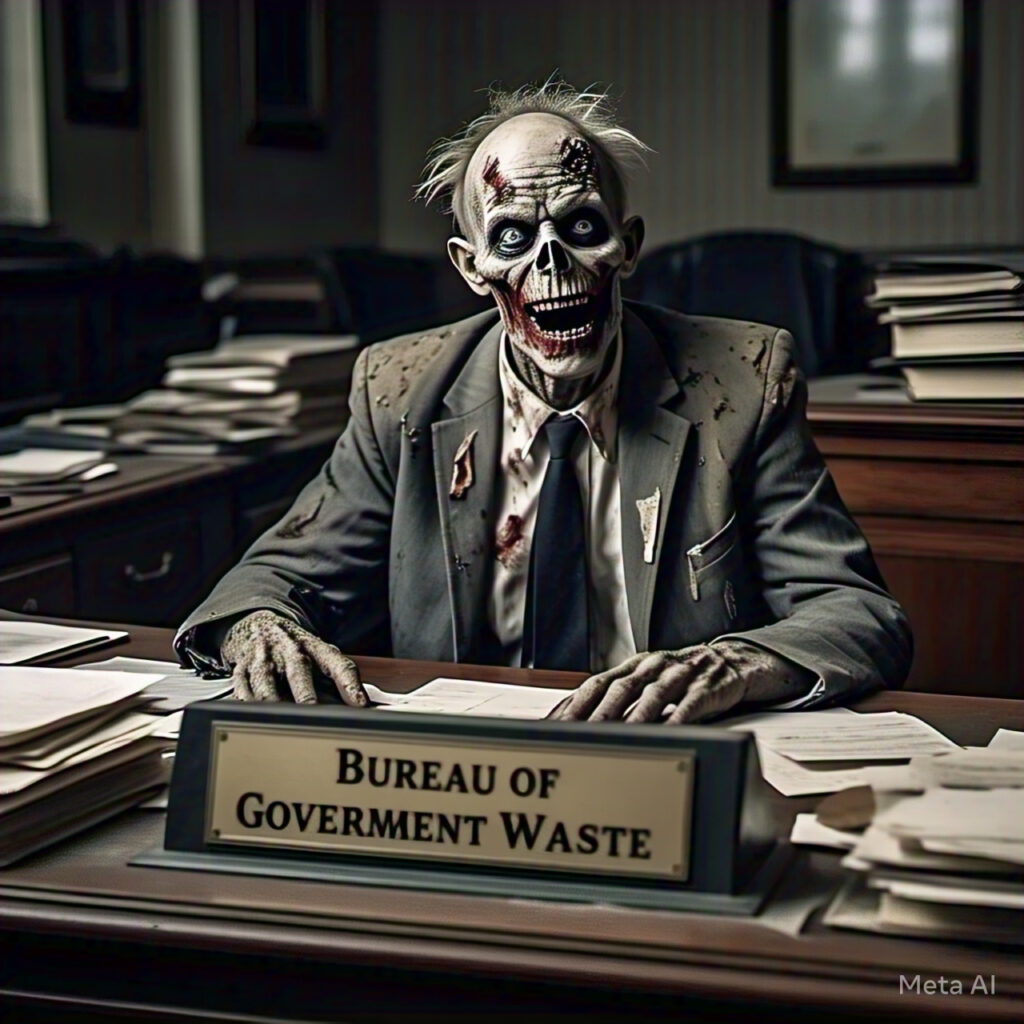 In a recent article in the Washington Post, Seth Morris explains why grand juries don’t indict cops, and what would need to be done to change that.
In a recent article in the Washington Post, Seth Morris explains why grand juries don’t indict cops, and what would need to be done to change that.
According to Mr. Morris, It is, we are told, very hard to get grand jurors to indict police officers — which supposedly explains why officers like Darren Wilson and Daniel Pantaleo walk free, despite the men they killed in Ferguson, Mo., and on Staten Island.
But as a public defender, I know exactly what it takes to get an indictment. I could get one in either case. In fact, I am ready and willing to fly to any town in this country to get an indictment in any case where a police officer kills an unarmed civilian. It’s just not that hard.
 I’d start by saying this. “A man, a member of our community, has been killed by another. Only a trial court can sort out what exactly happened and what defenses, if any, may apply. I believe in our trial system above all others in the world. I ask for an indictment so that all voices can be heard in a public courtroom with advocates for both sides in front of trial jurors from the community. This room is not the room to end this story. It’s where the story begins.”
I’d start by saying this. “A man, a member of our community, has been killed by another. Only a trial court can sort out what exactly happened and what defenses, if any, may apply. I believe in our trial system above all others in the world. I ask for an indictment so that all voices can be heard in a public courtroom with advocates for both sides in front of trial jurors from the community. This room is not the room to end this story. It’s where the story begins.”
I’d do it by asking the grand juries to apply the law to these men as the law demands it be applied — equally. I’d ask them to consider the recent fateful events as the work of ordinary humans, not police officers. I’d explain that the cases are too important to be settled in a secret grand jury room. The lives lost are too valuable to avoid a public trial.
I’d ask them not to consider the defenses the men may raise at trial, because these are irrelevant to the question of indictment. Judges routinely tell my clients — indigent, poor, often young men of color — that they will face trial because probable cause is an exceedingly low standard of proof. All it requires is a suspicion that a crime occurred and a suggestion that the defendant may be responsible for the crime.
Of course I’d present the facts, and exculpatory evidence if I had it. But the most important question is what suspicion is raised by the subject’s conduct, not what excuse he furnishes in his defense. I’d advise grand jurors to treat with caution any self-serving statements offered by someone who has killed another person. We indict on facts, not explanations. The “presumption of innocence”? It doesn’t apply. Affirmative defenses such as self-defense or “reasonable use of force”? Those are “better left to the jury,” just as my clients are most often told.
 I’d share with them the stories of how often police officers lie and shade the truth to advance their positions: I’ve watched cops lie about minor, irrelevant details — fare evasion, driving without a seat belt, reaching for a waistband — when they know how important those details are for the district attorney’s case. I’d say how I’ve confronted police officers for lying or omitting facts from their reports or even pretending not to see or hear something captured by a chest-mounted camera when that thing is exculpatory to the person they arrest.
I’d share with them the stories of how often police officers lie and shade the truth to advance their positions: I’ve watched cops lie about minor, irrelevant details — fare evasion, driving without a seat belt, reaching for a waistband — when they know how important those details are for the district attorney’s case. I’d say how I’ve confronted police officers for lying or omitting facts from their reports or even pretending not to see or hear something captured by a chest-mounted camera when that thing is exculpatory to the person they arrest.
I practice in Oakland, Calif., a city plagued by violent crime. I do this work because I believe in a fair process for every person, even those charged with doing unspeakable things. I have represented hundreds of defendants — in robberies, rapes, carjackings, kidnappings and murders — during preliminary hearings, which, like grand juries, determine whether a person should stand trial. In my hearings, the district attorney charges the defendant first and then presents evidence pointing to probable cause. The judge in these hearings, almost always, orders the defendant to stand trial. When defendants do testify, they typically do it at trial, not before the grand jury (as Wilson did). And the district attorney tells the jurors that the defendant would say anything to go free.
So how is it that police shoot an unarmed boy in Ferguson and strangle an asthmatic man on Staten Island, and nobody found probable cause? The only explanation is that, rather than acting like prosecutors, these district attorneys acted like the officers’ attorneys. They did not push the grand juries to indict. In fact, they suggested that it would be okay not to indict. They presented mitigation. They didn’t cross-examine the killers. Remember, grand juries only see one lawyer – the prosecutor. There is no judge present and no adversary to the district attorney. When there is only one lawyer in the room, and that lawyer has asked for indictments in every other case he has presented, and he stands before you and tells you he wants you to do whatever you think is right, the outcome is almost preordained. Here’s what the right approach would have been: Unarmed men were killed. Let’s have a trial.
I’m a public defender; I’ve seen it done to my clients countless times.
 Seth Morris has been a deputy public defender in Alameda County, California, since 2008.
Seth Morris has been a deputy public defender in Alameda County, California, since 2008.
Editor’s Note: An Indictment is not the same as a conviction. An indictment is simply a finding that there is sufficient evidence of probable cause to have a trial. A conviction requires proof of guilt beyond a reasonable doubt following a trial.



Just saw you on “Lawrence”–you are a grandstanding, misleading little punk. As my father–who was a real lawyer and a judge– used to say, “you couldn’t be a pimple on a lawyers ass.”
First of all, you lumped two totally separate cases and fact situations together and talked as if they were the same case–which either makes you a very stupid lawyer or an intentionally misleading little punk–my guess is you are both.
There sure was intent to kill in that thug Michael Brown’s case but the intent was fully justified by the thug’s action and the officer being in clear danger of death.
In the totally mislabeled ( “choke hold” death–which wasn’t a choke hold at all ) you again tried to mislead and alter the facts to state-as if it were fact–that there was an “intent” to kill–even you can’t be that stupid.
You had a great audience for your garbage–that smug, pompous bleeding heart liberal “Lawrence,”
Only wish I could debate you on “Lawrence”–where I would show you to be the phoney that you are.
OK–you got your 15 minutes of fame–alright, it was only two minutes but you didn’t even deserve that.
In closing, you should be ashamed of yourself for perpetrating that misleading garbage.
PAB
Well said JTLF.
here’s one for u all.
http://thefederalistpapers.integratedmarket.netdna-cdn.com/wp-content/uploads/2014/12/Police-Breathe-1.jpg
Someone mentioned in a post that Millard County 4th Judicial Court is run by Millard County and not the State of Utah. Sounds as if more than just Carnation read Pahvant Post.
For my own part, I’m tired of seeing Wilson and Pantaleo considered as two
symptoms of the same problem. That Darren Wilson justifiably shot in self
defense has always been clear from blood, injury, and ballistic evidence. He
was attacked physically while still in his vehicle by a much larger man. After
already attacking him with force sufficient to cause serious injury, the much
larger man reached for Wilson’s weapon, and Wilson shot. The man retreated,
and following department protocol, Wilson pursued him. The man reached for his
waistband as shown by blood stains on his clothing, and Wilson, justifiably
interpreting his movements as the act of procuring a weapon, shot again. The
evidence is clear-cut, the testimonies to the contrary have been shown to be
unreliable.
In the case of Pantaleo, however, and the mob of other officers involved, they
chose to use deadly force on a belligerent but non-threatening individual. The
situation is entirely different.
The tendency in the country to boil both cases down to racism, however, is
unsupported and juvenile. So is the tendency of federal law enforcement to
throw themselves into the mix and thus cast doubt on local proceedings and the
local system. This encourages idiots to beg the United Nations to intervene,
which is good for no one.